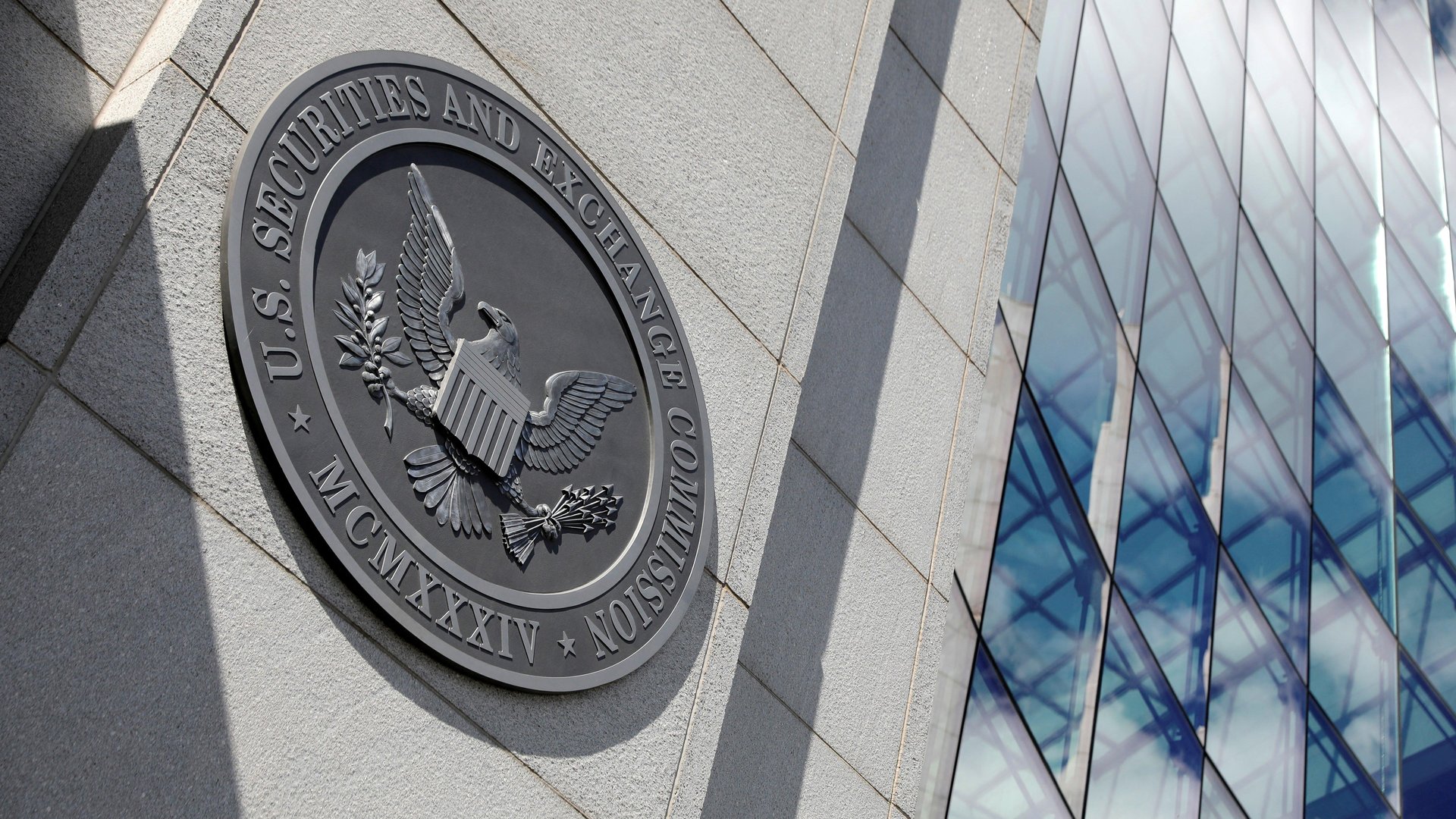These are the 8 Twitter and Discord influencers charged with a $100 million ETF fraud scheme
The charges come as a wave of online influencers find keen interest in their financial advice

Promoting financial products on social media has become popular among influencers in the past couple of years. Now, the authorities are finally cracking down.
Suggested Reading
The US Securities and Exchange Commission (SEC) charged eight influencers on Wednesday (pdf) with securities fraud, accusing them of purchasing certain stocks, encouraging their followers to buy these stocks, and then dumping the shares for profit without disclosing to their followers when the share prices rose. From at least January 2020 until now, according to the complaint, the accused earned, collectively, about $100 million from this scheme.
The SEC said criminal charges have been filed in parallel by the Department of Justice’s Fraud Section and the U.S. Attorney’s Office for the Southern District of Texas.
Those charged with fraud are not household names, but their follower counts are in the hundreds of thousands each. They are in their 20s and 30s.
How the influencers manipulated stocks on Twitter and Discord
The seven influencers who are accused of promoting the individual stocks were aided and encouraged by Daniel Knight of Texas, according to the SEC complaint. Knight, who uses Twitter handle @DipDeity, co-hosted a popular stock-trading podcast that promoted the other individuals as “expert traders.” On Knight’s platform, the influencers would recommend a particular stock without disclosing their intent to sell it, according to the complaint. Knight also received profits from the scheme, according to the SEC.
By sharing the names of the selected stocks among the group, the influencers allegedly provided each other opportunities to purchase shares at lower prices prior to the manipulation. They promoted the stocks to their followers on podcasts and platforms like Twitter and Discord in order to push up demand and inflate the share prices, said the complaint.
In an attempt to cover up their scheme, the influencers allegedly deleted old tweets and chats and lied to their followers about the reasons why particular stock picks were followed by declines in the price of those stocks.
“Today’s action exposes the true motivation of these alleged fraudsters and serves as another warning that investors should be wary of unsolicited advice they encounter online,” said Joseph Sansone, chief of the SEC enforcement division’s market abuse unit, in a press release.
The rise of financial influencers
The last couple of years has brought a wave of financial influencers catering to a growing class of retail investors, as young people flock to commission-free trading apps like Robinhood. Unlike their more traditional counterparts, these financial influencers give advice for free and find ways to make money by translating financial jargon into engaging posts on social media.
Wednesday’s charges come after the SEC charged Kim Kardashian in October for failing to disclose she was paid $250,000 for an Instagram post about cryptocurrency.
Here are the names in the SEC’s complaint, which was filed in the US District for the Southern District of Texas:
Edward Constantin (@MrZachMorris)
Perry Matlock (@PJ Matlock)
Thomas Cooperman (@ohheytommy)
Gary Deel (@notoriousalerts)
Mitchell Hennessy (@Hugh Henne)
Stefan Hrvatin (@LadeBackk)
Daniel Knight (@DipDiety)
John Rybarcyzk (@Ultra Calls)